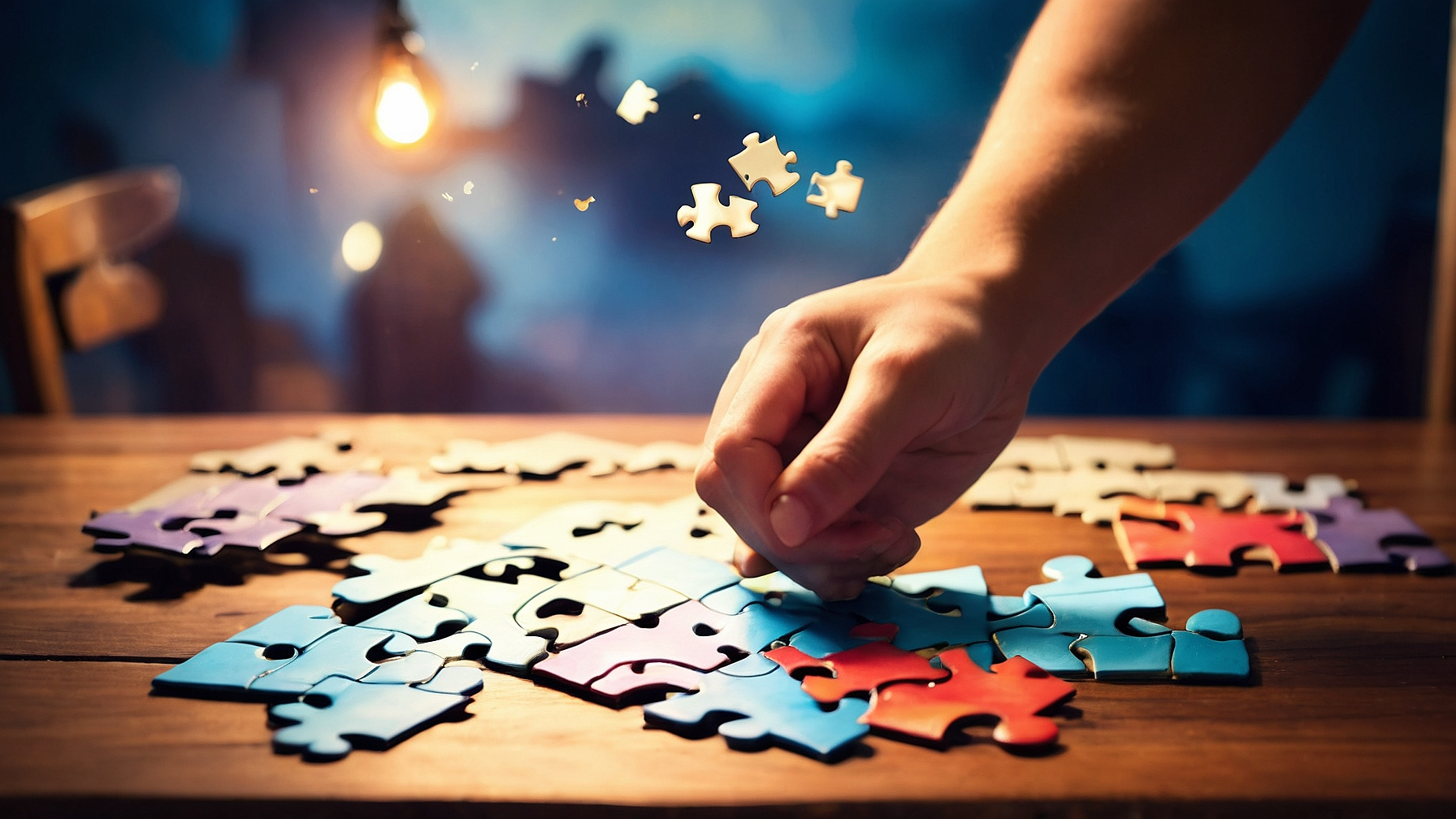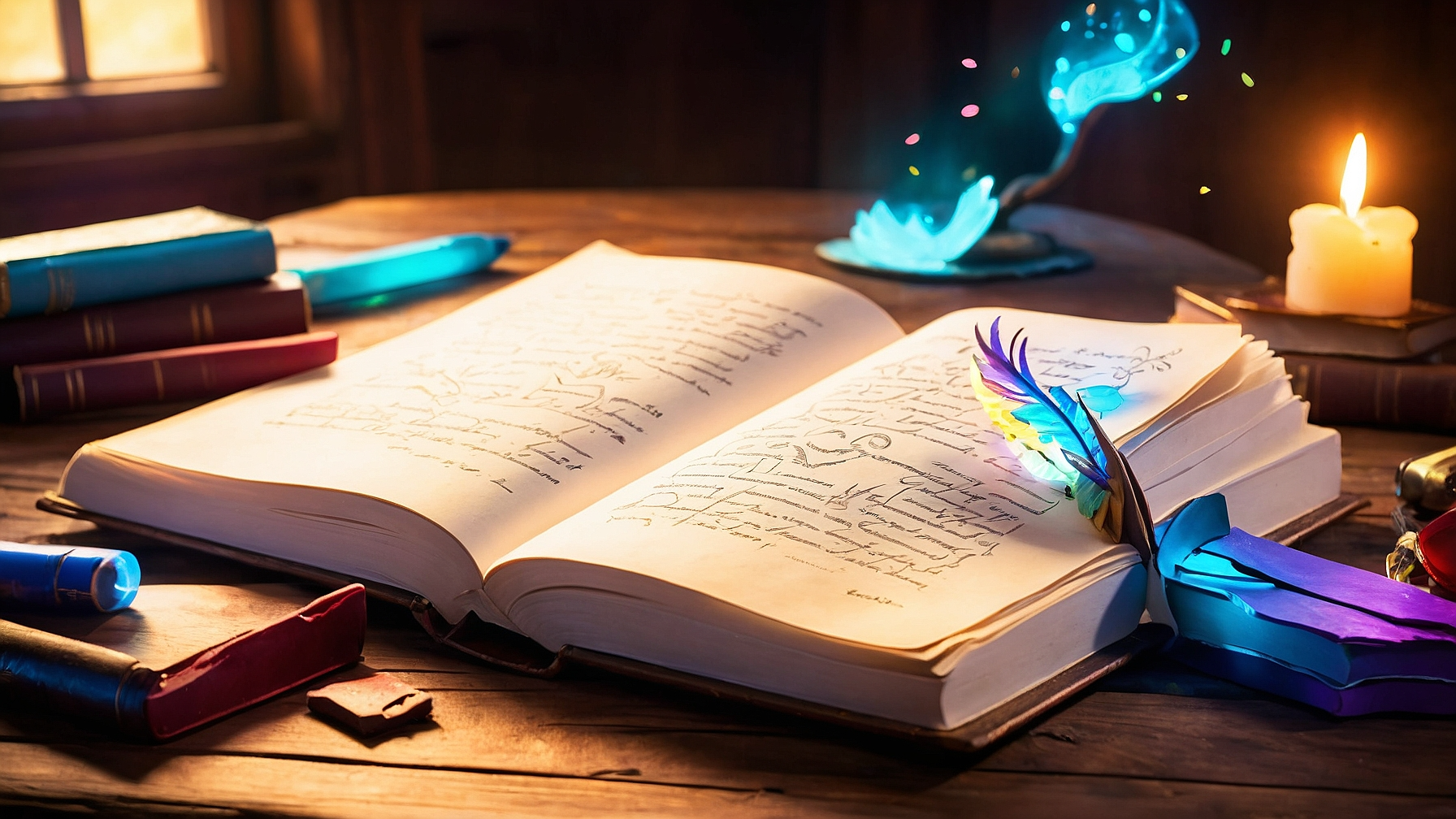Have you ever felt the sting of a friendship breakup? Perhaps it was with your best friend, someone you shared countless memories with, from childhood antics to deep, midnight conversations about life. Or maybe it was a former friend, a family member, or someone who had been a significant part of your life but drifted away or decided to go separate ways for one reason or another. Unlike the end of romantic relationships, the conclusion of a friendship often doesn’t come with a clear script on how to grieve, heal, or move on.
Consider this: you and your childhood best friend have been inseparable since you were both kids, sharing every milestone, from your first day at school to celebrating each other’s successes during your senior year. But as life takes you in different directions, the calls become less frequent, the visits more sporadic, until one day, you realize the connection that once seemed unbreakable has quietly withered away. This realization hits hard, of course, not just because a significant person in your life is no longer there but also because it challenges the notion that some relationships are meant to last forever.
This story is not unique; it’s a shared human experience. The pain of a friendship breakup is real, profound, and deserves attention. In this blog post, we’ll navigate the often-overlooked journey of getting over a friendship breakup, offering insights into accepting the end, dealing with the whirlwind of emotions that follow, taking care of yourself, and eventually finding a pathway to healing. Let’s explore how to mend the heartache when friendships end and learn valuable lessons from the experience, ensuring that the growth and understanding it brings can last a lifetime even though a friendship may end.
Understanding the Friendship Breakup

Accepting the End of the Friendship
Accepting that a friendship has ended is the first, often most challenging step in the healing process. It requires acknowledging that the dynamics you once shared with your best friend, childhood best friend, or even a close friend have fundamentally changed. This realization can be as painful as it is necessary. It’s akin to losing a part of your identity or a piece of your life’s puzzle that you believed would always fit. Acceptance does not mean forgetting the importance of that friendship or the memories created; rather, it signifies understanding that all chapters in life, including those of deep connections, can come to an end. This acceptance is crucial for mental health and paves the way for personal growth and healing.
Dealing with Emotions
The emotional aftermath of a friendship breakup can be a rollercoaster. Feelings of sadness, betrayal, confusion, and even relief might surface. It’s essential to allow yourself to feel these emotions fully rather than suppressing them. Grieving the loss of a friend is a healthy, necessary step to healing. It’s important to remember that emotions are transient and acknowledging them is a step towards recovery. Support from other friends, family members, or a clinical psychologist can offer a much-needed perspective and comfort during this difficult time.
Reflecting on the Reasons Behind the Breakup
Understanding why the friendship ended can provide valuable insights into your relationship patterns and personal growth. Whether the breakup was due to a misunderstanding, a change in life paths, or a toxic dynamic, reflecting on these reasons can help prevent similar issues in future relationships. It’s an opportunity for honest communication about what you value in friendships and what boundaries are non-negotiable. This reflection can be painful but is often accompanied by profound clarity and understanding.
In summary, navigating a friendship breakup involves a delicate balance of accepting the end, managing the kaleidoscope of emotions that come with it, and reflecting on the reasons behind the breakup. These steps are not linear but essential in healing and growth as mutual friends.
Taking Care of Yourself

Surrounding Yourself with Support
In the wake of a friendship breakup, leaning on a network of other friends and family members can provide immense comfort and stability. These people remind you of your worth, offer a listening ear, and provide the encouragement needed to only you navigate through this difficult time. It’s also a time to evaluate and appreciate the positive relationships in your life, understanding that while one connection has ended, others continue to thrive and support your well-being.
Engaging in Self-Care Activities
Self-care is paramount during the healing and grieving process. It’s about doing things that replenish your mental, emotional, and physical energy. This could mean dedicating time to hobbies you love, practicing meditation or yoga, getting enough rest, or simply enjoying a walk in nature. These activities aren’t just distractions; they’re ways to celebrate yourself and nurture your spirit during loss. Remember, engaging in self-care is not a selfish act but a necessary one for mental health and recovery.
Focusing on Positive Relationships
While it’s natural to mourn the loss of a friendship, it’s equally important to focus on the relationships that are still part of your life. Investing time and energy into these connections can help you heal and strengthen your bonds with your romantic partner, other friends, family members, and even new friends. These positive relationships serve as a reminder that, despite the pain of losing one friend, you are not alone and are surrounded by others who value and appreciate you.
Taking care of yourself in the aftermath of a romantic or friendship breakup is essential. It involves surrounding yourself with a supportive community, engaging in activities that promote self-love and healing, and focusing on the relationships that bring joy and positivity into your life. You can begin to mend the hurt and move forward with strength and grace through these steps.
Moving Forward

Letting Go of Resentment and Negativity
Moving on from a friendship breakup often means having to let go of negative feelings that might have accumulated, be it resentment, anger, or disappointment. Holding onto these emotions can prevent you from healing and may even impact your mental health negatively. It’s crucial to acknowledge these feelings, understand where they come from, and then consciously decide to release them. This doesn’t mean forgetting what happened or the pain that was caused, but rather choosing not to let it define your emotional state moving forward. Forgiveness can be a powerful tool in this process, whether it’s forgiving the former friend or yourself.
Building New Connections
As you let go of the past, you open yourself up to the possibility of new friendships. Building new connections best friends might seem daunting at first, especially if a previous friendship breakup has shaken your trust. However, meeting new people and forming new bonds can be incredibly rewarding and crucial to your healing process. Whether it’s through shared interests, social activities, or new environments, each new friend has the potential to bring unique perspectives and joy into your life. Remember, being open to new relationships doesn’t diminish the value of the ones that have ended.
Allowing Yourself Time to Heal
Healing is not a race. The journey to overcoming the pain of a lost friendship varies from person to person. It’s important to allow yourself as much time as you need to grieve and heal. There’s no set timeline for when you should “get over” a friendship breakup. Some days will be easier than others, and that’s perfectly okay. Embracing the process and acknowledging your progress, no matter how small, can be very affirming. Trust that with time, the pain will lessen, and the good memories of the friendship will remain, untainted by the circumstances of its end.
Moving forward, the focus shifts from what has been lost to the potential for new beginnings and self-discovery. Letting go of negative emotions, becoming good friends, building new connections, and giving yourself the grace to heal at your own pace are critical steps toward finding peace and happiness again.
Lessons Learned
Reflecting on the Experience
The end of a friendship, like the conclusion of any significant chapter in life, offers valuable lessons about ourselves, others, and the nature of relationships. Reflecting on the experience of a friendship breakup involves looking back on the dynamics of the relationship, understanding what went well and what didn’t, and acknowledging how it has shaped you. This period of reflection can provide clarity on what you truly value in a friendship, what boundaries are important to you, and how you wish to communicate in your relationships and other friendships moving forward. It’s a time to appreciate the role the friendship played in your life, the joy it brought, and the memories you created together.
Learning from the Breakup
Learning from the breakup is about taking the insights gained from reflecting on the experience and applying them to future relationships. It’s an opportunity to grow and evolve, to become more resilient, and to understand more deeply what it means to be a good friend. Recognizing patterns that may lead to friendship breakups can help in nurturing healthier, more sustainable relationships two mutual friends in the future. Additionally, this learning process can reinforce the importance of honest communication, mutual respect, and empathy in all relationships, not just romantic ones but friendships.
The lessons learned from a friendship breakup are not just about loss but also about the capacity for personal growth and the potential for new, fulfilling connections. By reflecting on the experience and learning from the friend breakup itself, you equip yourself with the wisdom to build stronger, more meaningful friendships that can withstand the challenges life may throw your way.
Conclusion

The journey through a friendsahip breakup is fraught with emotional challenges, but it also opens the door to profound personal growth and the opportunity to foster new, enriching connections. Accepting the end of a friendship, dealing with the ensuing emotions, taking care of yourself, moving forward, and extracting valuable lessons from the experience are all steps to healing and self-discovery.
Friendships, like not all relationships can, can have a significant impact on our lives and our mental health. They shape our experiences, support our growth, and contribute to our sense of identity. When a friendship ends, it’s not just the loss of a friend; it’s the closing of one chapter and the uncertain beginning of another. However, it’s important to remember that the possibility of a new beginning comes with every ending.
Allowing ex friend and yourself the time and space to grieve, heal, and ultimately learn from a friendship breakup is essential. It prepares you for the next phase of your life, with more knowledge about who you are, what you value in friendships, and how you want to relate to others. The pain of the breakup will eventually lessen, leaving space for new memories, friendships, and experiences.
In the end, the end of a friendship, while painful, is not the end of your journey. It’s a detour, an unexpected twist in the road that leads to growth, new understandings, and potentially, new friendships that resonate even more deeply with who you are and who you are becoming. Embrace the lessons learned, carry forward the love and memories, and open your heart to the new connections close friendships that await. Life is a tapestry of relationships, each contributing its unique colors to the richness of your experience.






Leave a Reply